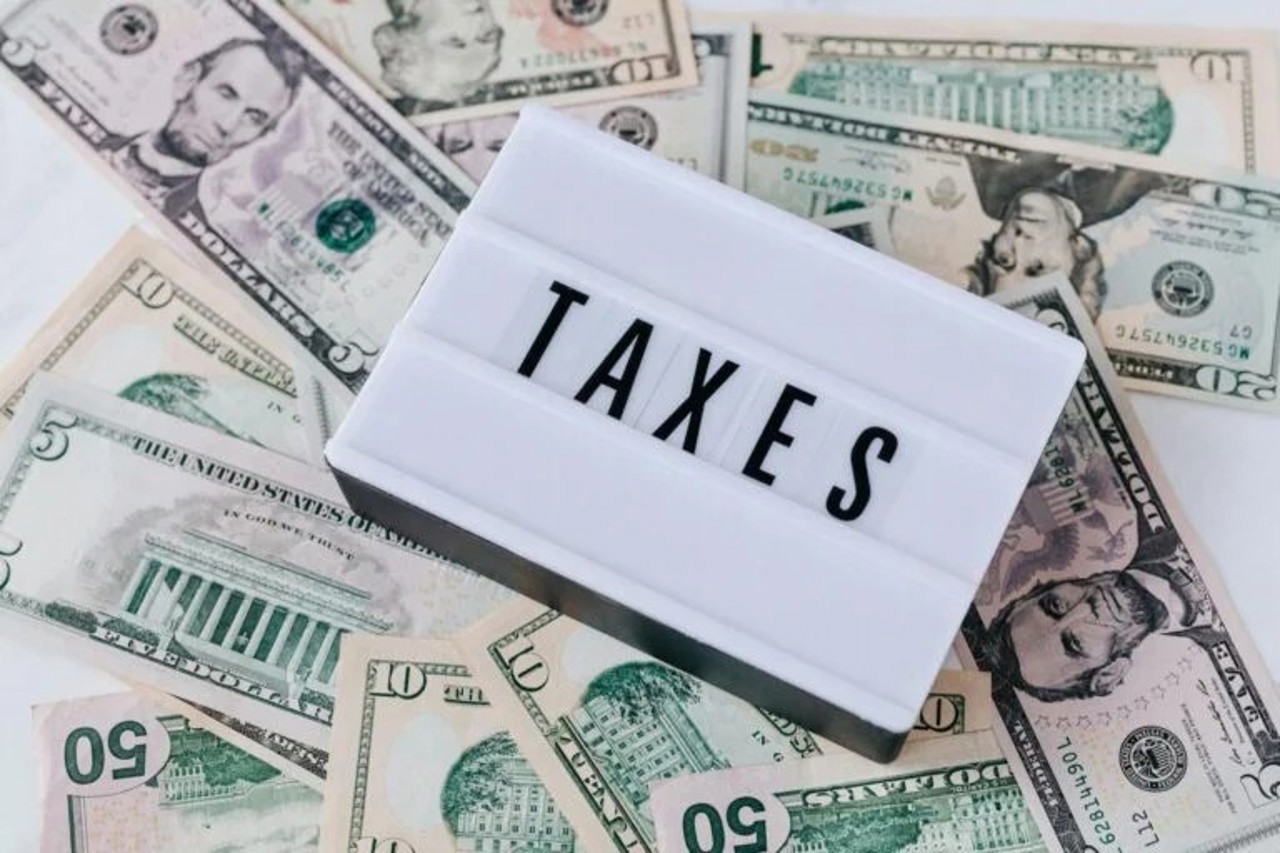Trump’s tariffs spark global backlash and trade war fears

U.S. President Donald Trump’s decision to impose retaliatory tariffs on imports has drawn sharp criticism worldwide.
Both European and Asian leaders have voiced concerns over the negative consequences of Washington’s trade war strategy and have signaled their readiness to take countermeasures. For some U.S. allies, the sudden introduction of new tariffs came as a surprise, according to a report by BBC’s Russian service.
European Commission President Ursula von der Leyen condemned the decision, calling it "a serious blow to the global economy." Speaking at the EU–Central Asia summit in Samarkand, Uzbekistan, she warned, "The consequences will be devastating for millions of people worldwide." Von der Leyen also made it clear that Europe would respond with proportional measures if the U.S. refused to negotiate.
"We are already finalizing the first package of countermeasures in response to the steel tariffs. And we are now preparing additional measures to protect our interests and businesses if negotiations fail," she stated.
Irish Deputy Prime Minister Simon Harris urged the EU to remain "calm and measured" in its response, emphasizing that both Ireland and the EU were committed to finding a negotiated solution with the United States.
Italian Prime Minister Giorgia Meloni—the only European leader to attend Trump’s inauguration in January—called the tariff decision "wrong" and pledged to do "everything possible to reach an agreement with the U.S. and avoid a trade war."
Swedish Prime Minister Ulf Kristersson also warned against rising trade barriers, stating, "We do not want a trade war. It will make our nations poorer and the world more dangerous in the long run."
French President Emmanuel Macron’s office announced that he had begun meeting with business representatives at the Élysée Palace to discuss the impact of the tariffs. According to Macron, the new U.S. tariffs would ultimately weaken the American economy, while a unified European response could overturn them.
China’s Ministry of Commerce issued a statement condemning Trump’s move and threatening countermeasures to protect its economic interests. "There are no winners in trade wars and tariff disputes, and protectionism is not the answer," the statement read. "The U.S. must correct its misguided actions and resolve trade disputes with all countries, including China, through consultations based on equality, mutual respect, and shared benefits."
Japanese Prime Minister Shigeru Ishiba expressed deep disappointment that Japan had not been granted an exemption from the tariffs, warning that the move would have "a major negative impact on bilateral economic relations, the global economy, and the multilateral trade system." Ishiba vowed to personally urge President Trump to reconsider the measures.
"As the situation grows increasingly dire, with a full-scale tariff war on the horizon, the government must utilize all available options to navigate this trade crisis," said South Korea’s interim President Han Dok-soo. He ordered emergency measures to support industries affected by the tariffs, including the automobile sector, according to South Korea’s Ministry of Industry.
Australian Prime Minister Anthony Albanese criticized the tariffs, remarking, "Friends don’t do this." He argued that the Trump administration’s trade policies "lack logic and undermine the foundation of the partnership between our two countries."
Canadian Prime Minister Mark Carney vowed that Canada would fight back, saying his country would respond with "targeted and decisive countermeasures" against the tariffs.
Israel, which had recently eliminated all import tariffs on U.S. goods, expressed shock over Washington’s decision to impose a 17% tariff. Local media reported that Israeli officials had assumed their tariff concessions would prevent such a move. "We were confident that eliminating import duties on U.S. goods would prevent this measure," an unnamed Israeli official stated.
Trump, speaking at a White House event, framed the tariffs as a landmark moment for the U.S. economy. Declaring "economic independence" for the country, he announced a new round of tariffs that could significantly impact global trade. "This is one of the most important days, in my opinion, in the history of the United States," Trump stated, calling it "America’s Independence Day in economic terms."
Translation by Iurie Tataru






